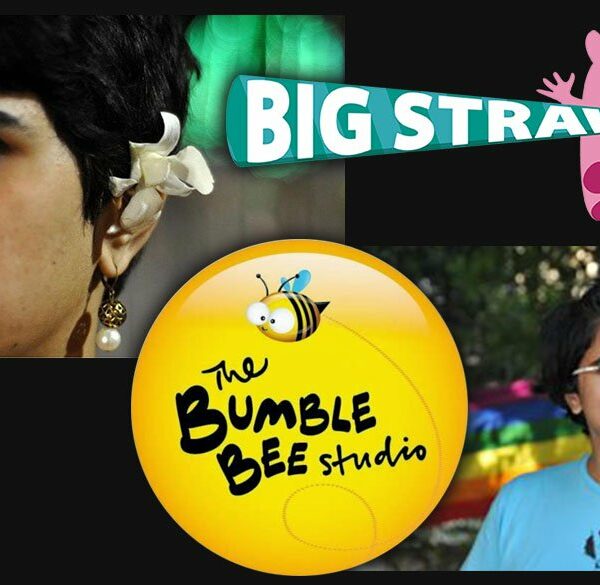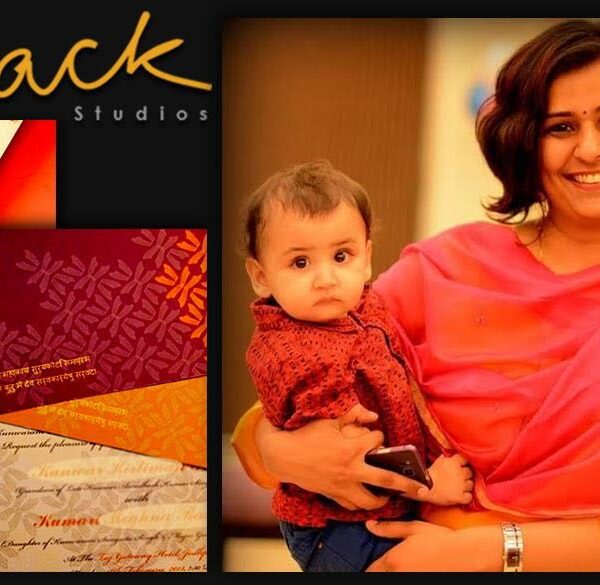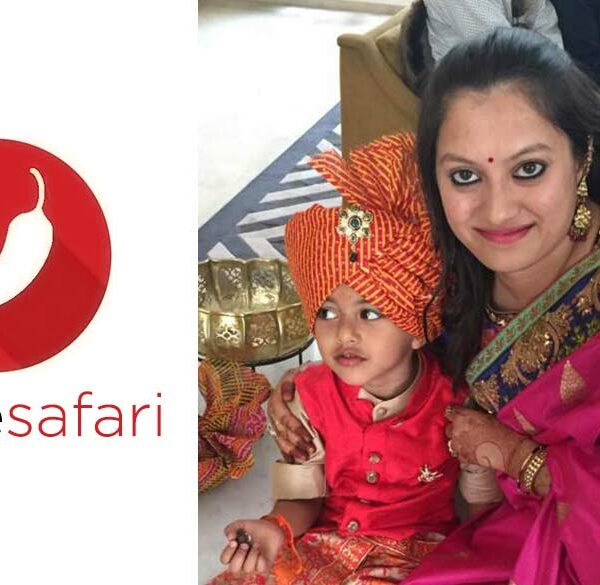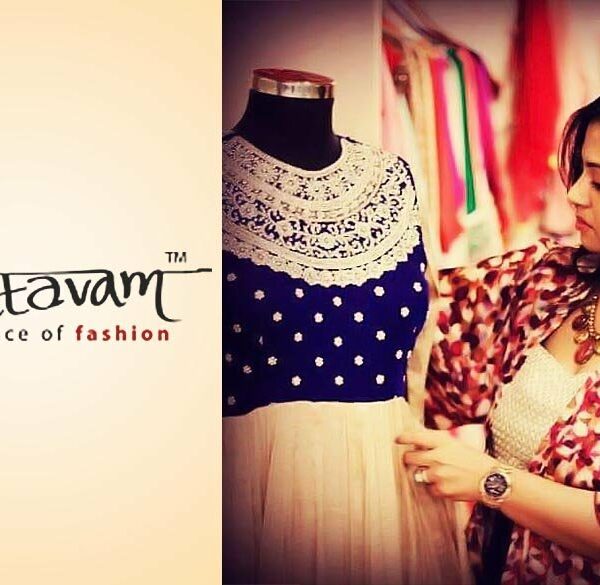“Hey, tumne kabhi kisi se pyar kia?
Kabhi kisi ko dil diya?
Maine bhi diya!”
If you sang along these lines like a true Hindi Cinema consumer then welcome aboard fellow Bollywood addicts. Every desi child is nurtured with love, care, and Bollywood from a very young age. They learn to groove to Madhuri Dixit’s ek do teen chaar before learning how to speak.
Hindi cinema is not just a source of entertainment for us, it is our survival kit.
We try to live a life inspired by the rosy ideals of Bollywood. However, we often tend to overlook the very patriarchal undertones of these films. The sanskari bahu, adarsh beta, vamp saas, bechari ladki and macho hero are some of its archetypal roles that we have accepted with open arms.
Nevertheless, here we are going to investigate and re-evaluate some epic movies and identify the subtle patriarchal propaganda in them!

Hum Saath Saath Hain
ABCDEFGHI…JKLM…NOPQRSTUVWX…YZ…I love you…
The quintessential pack of drama, love (only the sanskari kind), filmy music and over the top acting makes this movie a Bollywood classic. The universal selling point of this movie and everything by Rajshri Productions is that they celebrate the family values.
The storyline of the movie is about the affluent industrialist father, Ramkishen, and his home-maker wife, Mamta, with a prosperous family of 3 sons- Vivek, Prem and Vinod and women who eventually become their wives- Sadhna, Preeti and Sapna, who indulge in the tango of family drama.
We are going to focus on the role of women in this movie. Sadhna, played by Tabu, is a scholar who studied in America and still retained all her morals, as if America, the big bad West, aims to drain morals of every Indian. She is obviously very qualified and capable of being her own woman but ends up being Mrs Sadhna Vivek Chaturvedi. There is nothing wrong in being a wife but then she could have also been so much more in addition to that. She could have worked with her husband and managed their business, instead she danced to Maiyya Yashoda.
Preeti, played by Sonali Bendre, is engaged to the shy, maa ka ladla– Prem. She is an accomplished doctor who only treats Ramkishen and his family. She happily loses her professional role and the doctor life to become a bahu as well.
The women portrayed in the movie are happily subservient with the end goal of becoming a bahu. Their so no direct oppression by the male leads, however, the subtle hints of patriarchy cannot be missed throughout the film.
The message this movie conveys is that you can be an all-rounder like Sapna, Scholar like Sadhna and a doctor like Preeti but in the end your ultimate goal is to be a bahu and serve your family wholeheartedly. Patriarchy trumps all in this beautiful saga of sanskar.

Biwi No. 1
This blockbuster masala movie by David Dhawan has been enjoyed by everyone. The hero of the movie, Prem, is married to the archetypal character of a traditional, loving and caring wife, Pooja. They have two kids and they live happily in a big bungalow but then arrives the Bollywood’s version of the “other woman”, Rupali, who is a modern, stunning model. A model is all it takes for Prem to commit infidelity and leave his wife and children for Rupali. In the ideal world, the sane wife should kick the husband out, take full charge of her life and family. But since, it isn’t the ideal we are talking about here, the loving wife transforms herself into a glamorous avatar to win her cheating husband’s love back. And you know what, it works as well because Prem soon realizes his mistake and leaves the model to go back to his wife.
In which world is this normal? As a society, how can we encourage and applaud this behaviour? The only message this film delivers is “men will be men” and women have to mould themselves according to their whims. So, if your husband cheats, just get a makeover and fight for him because he’s the only important thing in your life.
Women being played in the palms of the society, if it isn’t the perfect portrayal of patriarchy then what would be?

Dilwale Dulhani Le Jayenge
The iconic sarson ke khet and a dashing love story of Raj and Simran, How dare we tarnish it with the claims of patriarchal propaganda? Read below and decide for yourself.
The movie begins with an enchanting Simran, played by Kajol, daydreaming about her dashing prince charming. This movie represents the classic case of a life so terribly controlled by men that you have to escape to Europe to breathe. Simran asks her Bauji to give her a few days from her own life to see the world. And the ever giving father figure, Amresh Puri, allows her to go explore the world only on the condition of her returning to India after the trip and getting married to a boy picked by him. Ready to escape her life, Simran stupidly agrees to that condition but, wait for it, later falls in love with a bad boy turned good boy for only one woman, aka, Raj, played by King Khan. And what happens later you all know.
The fate of Simran’s life is clasped tight in the palms of her Bauji who lets her “Jaa jee le apni zindagi” in the end.
Moral of the story: You can live in England and travel the world, but the person you’d want to marry would only be chosen by your father because sanskar.
These movies have been a massive part of all of our lives and may have been the root cause of the white knight complex some of us had. They all boast of a patriarchal undertone which we accept as sanskar and base our actions and outlook on life over it. These movies were just a small example, Bollywood is filled with a thousand of those which we have consumed, enjoyed and applauded. We can’t change the big bad patriarchy if we encourage it and promote it as a lifestyle in the media we consume.
Take your daily dose of entertainment with a pinch of salt. Think, re-evaluate and unlearn the subtle schooling of patriarchal propaganda by Bollywood to create a new tomorrow where belittling women is not part of the 100 crore movie clubs.












